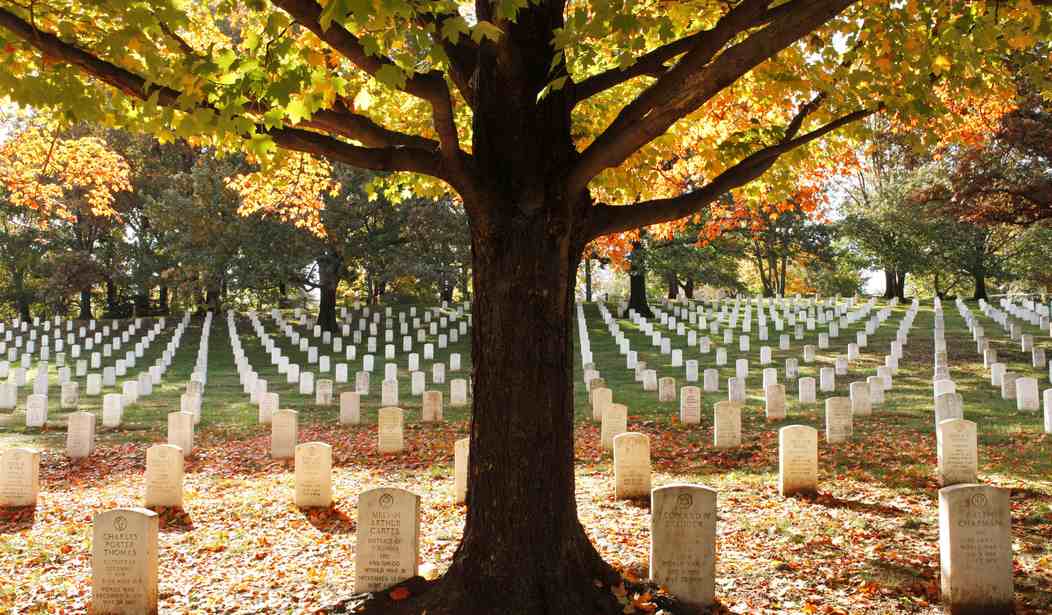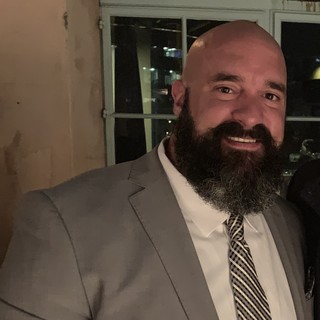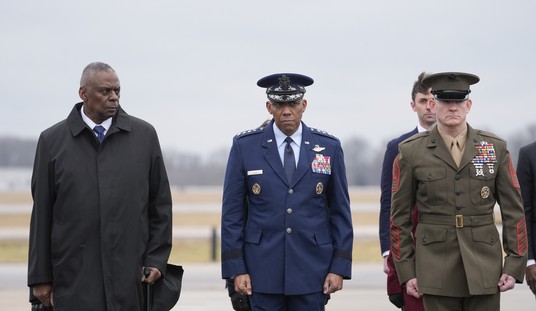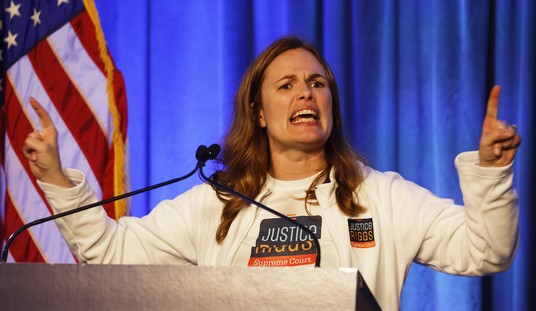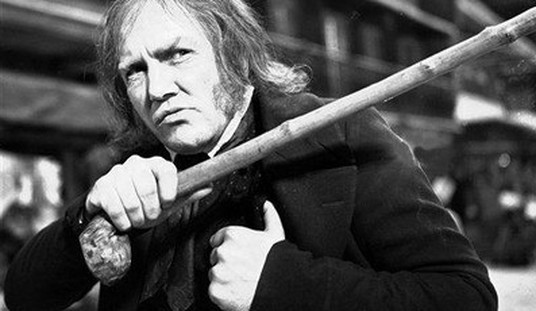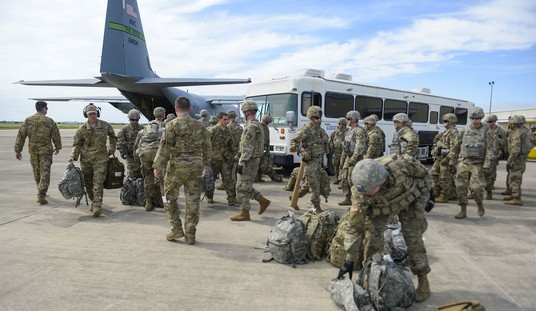This is the second of a two-part series: Loss of Purpose: The Struggle for All Those Who Serve. See Part 1 here.
The first step in moving forward and healing is to discover what the problem is. What exactly is the cause of this suffering? Why are so many Veterans committing suicide?
I didn't know it at the time, in fact, it took me years to figure out what happened to me, but I suffered a traumatic loss when I left the service. I was very ill-prepared for what would come with getting out. I served five years and I thought I had it bad, but imagine how it felt for those that did 20 or more? This happens to most who serve, not just those who saw combat or even those not in the combat arms occupational field. However, for those of us who did see battle and saw it in a combat arms MOS (military occupational specialty), it was amplified. It sounds very weird, and some may question our sanity when we say this, but being in combat is and was an experience that created a bond with these men that no one could understand. Combat was the ultimate life-or-death gamble, yet at the same time, it was incredibly fun. Yes, war is absolute hell on earth at times, but other times we would be laughing hysterically and cracking jokes as we were taking fire and giving it back. And when we get out and or come home, we want nothing more but to go back.
There were several times when I would just say screw it, I give up and could kill myself. I would go through all the pros and cons of what would happen and decide whether or not it was worth it. Sleep was difficult and nothing would help me get some shut-eye, not even alcohol. I would constantly think of my friends, those I lost even if I didn't know them personally or well enough to have a close relationship, but I served with them nonetheless, and their deaths bothered me.
But that is just one side of the coin. We are told that we need to learn how to reintegrate into society, as former Delta Force Operator Tyler Grey said in the video I highlighted in Part 1. But are WE the ones who are reintegrating, or are we integrating into society for the first time as adults? Most of us joined in our early adult lives, with the average age of a new recruit being between 18 and 24. Furthermore, the major compounding issue is the civilian society that we are trying to enter. To them, we are almost looked at as foreigners or aliens; we are invisible to the casual observer at first, but it becomes pretty apparent to them after seeing our behaviors that we are Veterans.
My experience was difficult for me—how do I even write a resume? They tried to teach me that in my Transition Assistance Program (TAPs) classes, but I always ran into the same problem; how to explain or write down what I trained to do for five years, how I was taught and became proficient in weapons, battlefield deployment of small units of infantry, land navigation, how to handle and employ explosives, etc. Tell me again, how does any employer see value in that? We feel as though we are castaways of our own choosing, and we do not know how to, or, at the very least, we have a very difficult time with, transitioning into being a civilian. There is a very large disconnect between the civilization population and the Veteran community.
There is a great scene in HBO's documentary miniseries, The Pacific, where Eugene Sledge returns home after the Japanese surrender and tries to apply to college. The scene speaks to a lot of veterans returning home from service, especially those who saw combat. It shows the massive disconnect we have as veterans with civilians after we get out:
As the years went by, it became less and less difficult for me, but the pain and guilt were still there. The pain of not being with my brothers, not serving a higher purpose, and not being part of the family I had made in five years all weighed heavily on me. The guilt of having made it home in one piece, more or less, while others came back missing arms and legs, not to mention those who did not come home alive. Days passed and time went on, but not without pain, depression, fear, and anger. Because I wasn't the only one having a hard time or struggling. Days would come when my phone rang, or a text came through telling me that another brother killed himself. And every time, I felt the dagger run through my heart and soul because I wasn't there to help them or talk them down. Unfortunately, I have lost more brothers to suicide than to combat. They just could not take the pain and gave in to the demons that drove them to death. The worst part about it was that nobody knew it was coming because they all masked their pain so well.
We all do.
And as time went by, I discovered a new purpose, or a new mission, if you will. I came to realize that I must live for my family and friends. Those who depend on me for support, love, friendship, and more. I MUST live for them because to quit would destroy their worlds and cause a lifetime of suffering and regret. All just to break me away from my demons, and I cannot do that to my sons, my wife, and everyone who loves me.
I was lucky to have stayed in contact with several of my closest friends from the Marine Corps. One of whom was my rock, Brandon Cook. I met him in 2003 when he transferred to my unit after serving two years in what is known as the Marine Security Forces, which is a quick-reaction force that guards nuclear submarine bases and other highly sensitive facilities that the Navy controls. We were friends while we were in, but we became incredibly close when we got out. My kids know him as Uncle Cook, and his daughter Kaylee became my pseudo-niece. We don't see each other as much as we used to anymore, which is my fault, but he is one of the very few people I can call 24 hours a day and ask for help, and he knows he can do the same. I love that man because he has saved my life more times than he knows.
As Veterans, especially those of us who saw combat, folding back into the civilian world is a daunting task. During the 20-plus years of war in Iraq and Afghanistan, among other places, Americans at home went on with their daily lives. They went to work, went out with their friends, got married, got promotions at work, went to Vegas to party on the weekends—they lived their lives in peace. There were no rationing programs like there were during World War Two, no war bond drives, and no national drive to sacrifice something in their daily lives to support the war effort. The only Americans to sacrifice were the Veterans and their families; they paid an incredible price, and they deserve our utmost respect. When we got back, there were no parades (not that we wanted them), no days of celebration, no nothing. Now what we experienced was NOTHING compared to the treatment that Vietnam Veterans got. Not only did they not get parades either, but they also got spit on, called disgusting names, and publicly shamed and humiliated, all because they served their country and fought a war that was unpopular. They were treated like trash, and while I never experienced that, it angered me even before I joined the Marines. Every time I see a Vietnam Vet, I shake their hands and tell them, "Welcome home."
Our losses as Veterans can often become our eventual downfall. We all served for a purpose, we all volunteered. After September 11th, for the first time since World War Two, Americans volunteered to join the military knowing there was a very good chance they would go to war. In fact, in an essay called The 0.45%, written by former Army Ranger Captain Nick Palmisciano, he brings up a staggering statistic.
Since 2001, only 0.45 percent of our population has served in the Global War on Terror. That is an unbelievable statistic...Never in the field of human conflict has so much been owed by so many to so few.
I am still trying to come up with better ways to assist our Veterans in their transition from the military into the civilian world, but I am merely one man amongst a sea of men and women who are going through or have gone through hell and back. It is critical that we as an American society find a way that will lower and, God willing, eliminate the ugly numerical statistic of Veteran suicide.
I owe it to them, we owe it to them. If you know a Veteran, reach out to them and check to see how they are doing—you might just save a life. Help me to help them.

